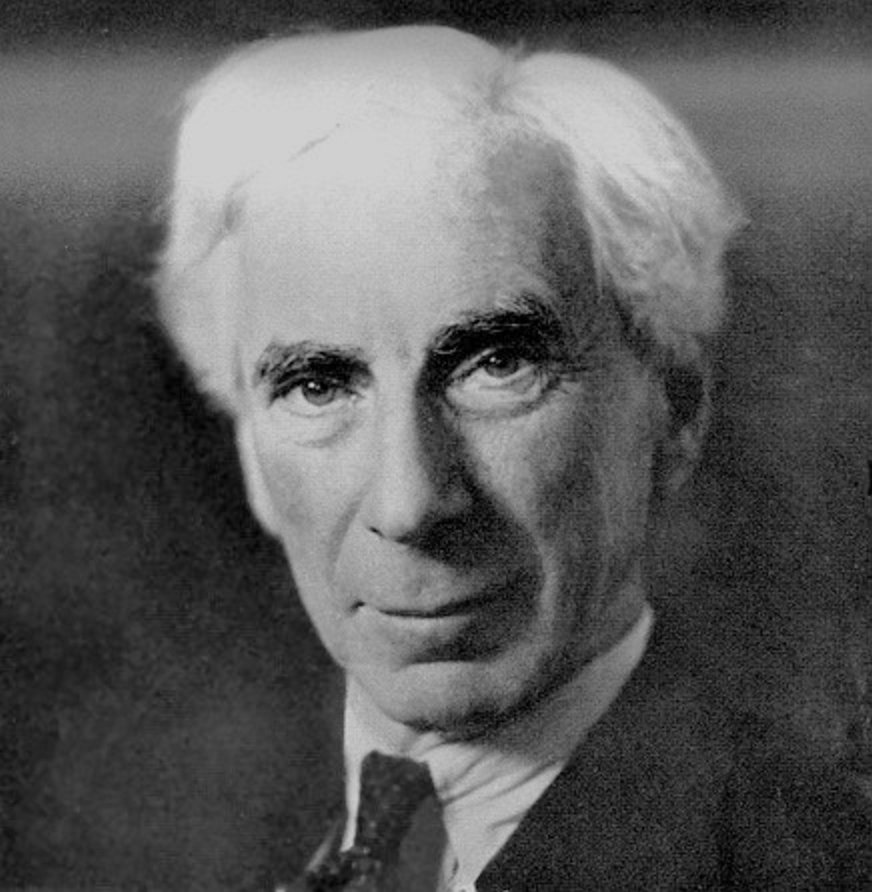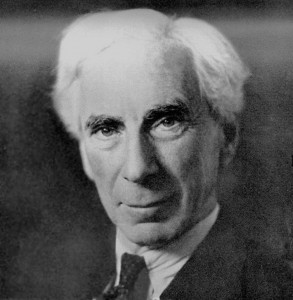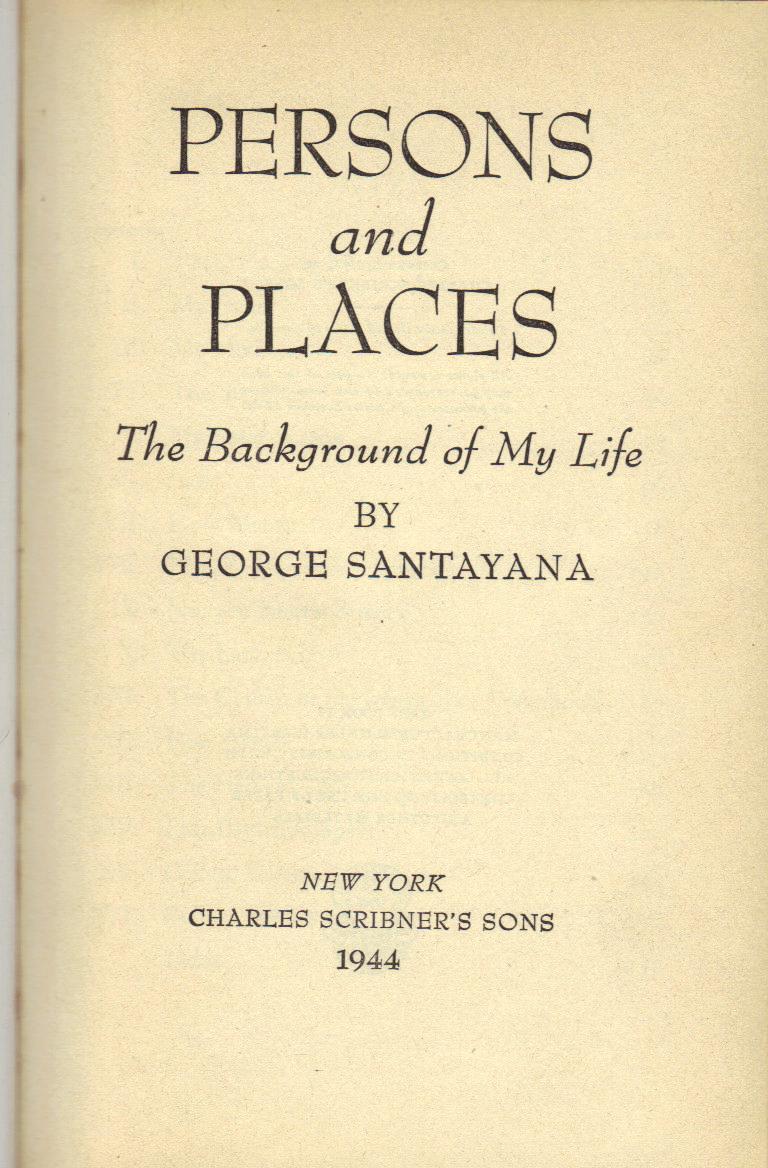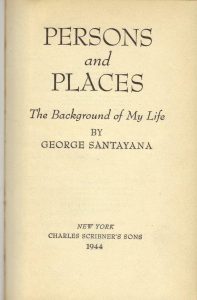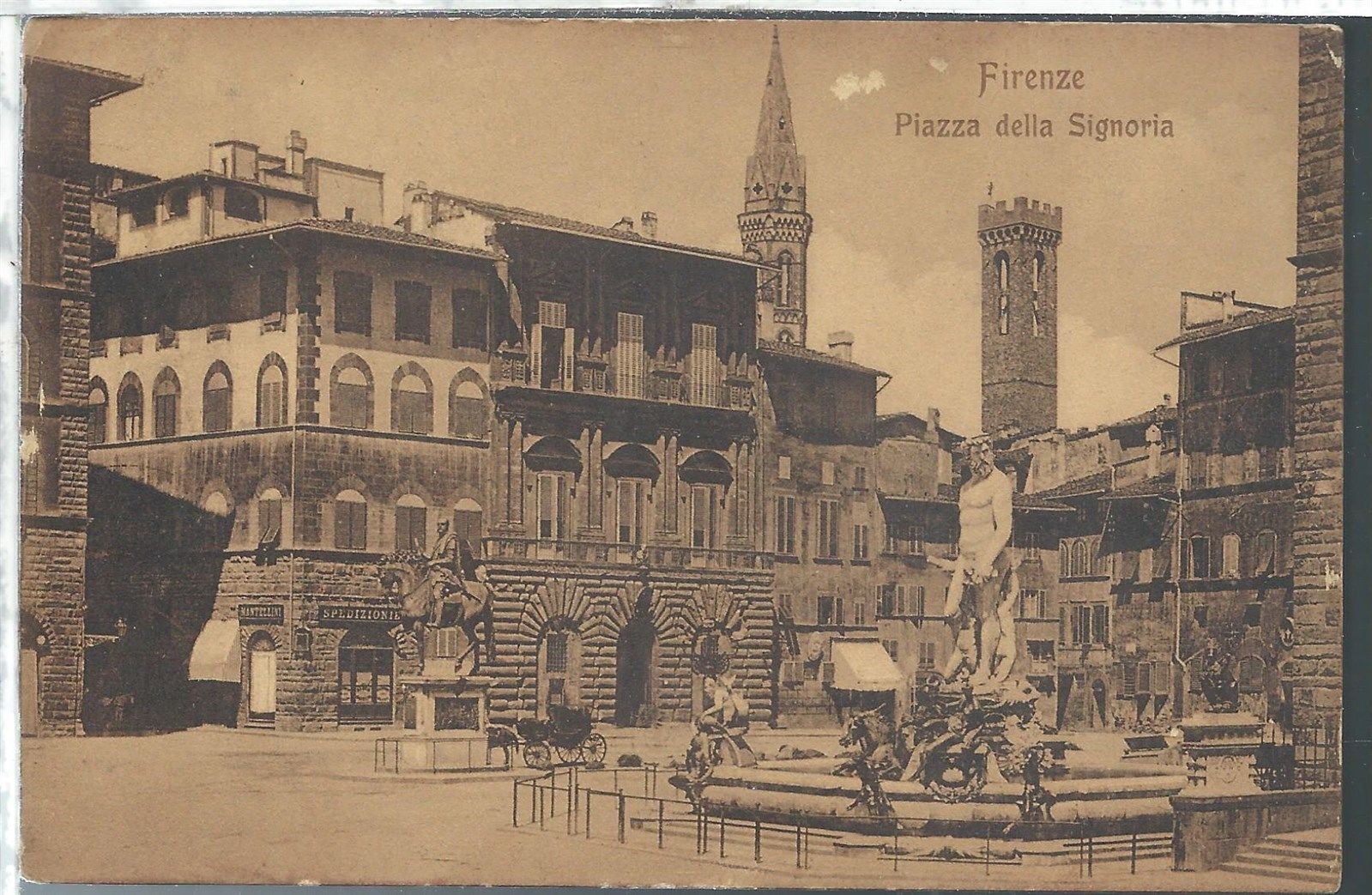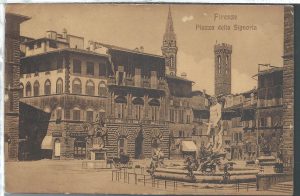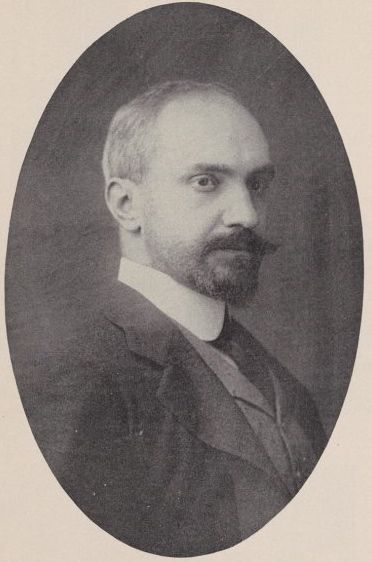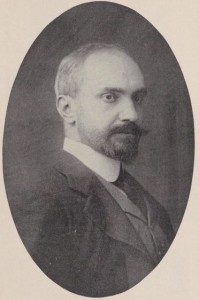 To William James
To William James
Rome. November 29, 1904
Since I left America I have had glimpses of England, Belgium, Holland, Germany and France, beside six weeks with my sister in Ávila and almost a month in Florence with the advantage of being near Loeser and Berenson. I am profoundly out of humour with “aesthetics”, yet I have been feeling the new douche of it which these friends of mine have drenched me with as a rather invigorating change; one gets so dry in America with no food for the senses, especially if one is obliged to pump up theory every day . . .
Your articles—apart from their intrinsic importance—have interested me particularly on account of a certain harmony which there is between what you make for and what I have fallen into myself. Doubtless you have from of old let seeds fall into my mind which have sprouted there into what I feel to be quite native convictions; and it comes to me now as a rather surprising happiness that I can invoke your authority in support of a great deal that I feared might seem rash in my opinions. It is the general attitude which Bergson also encourages, although of course it may be turned in various ways and expressed in various vocabularies. What I don’t quite understand in your way of stating the matter is whether the conceptual world has only its immediate status. Of course every conception, taken existentially, is a part of the flux, which as you say is largely chaotic in its immediacy; but things and truths have also a systematic and more or less static dimension. For instance, if a candle which was nine inches long when left burning in an empty room is found to be six inches long on the observer’s return, was it ever really eight inches in length? Of course the eight-inch candle will draw a potential sort of being — in from the philosopher’s views, themselves immediate experiences of his; the conception that the candle passed through that phase will be an absolute item in the universal inventory. But the question seems to me to be whether the eight-inch candle has only that imputed being; or rather whether imputed being is not what we mean by reality and the immediate flux itself by appearance. The forthright intellect seems to be the life of the mind, and what it rests in seems to be alone important, true, or efficacious. The eight-inch candle is something to be believed in, because in the material world which the intellect has discovered it is a needful element that counts and rewards our confidence in its reality. The materials which experience is composed of must therefore be credited with an existence which makes them material elements and gives them a mechanical order, since they exist also permanently, potentially, and beyond our range.
If this is what is implied in your views—and I conceive that it is—the result seems to be quite different from panpsychism and far more rationalistic. According to panpsychism the eight-inch candle exists only by virtue of its inconceivable psychic substance, that mass of irrelevant experience of which a candle at best is but a remote symbol or effect. The real eightinch candle is not eight inches long and is no candle at all. It is perhaps a conclave of politic worms electing an infallible pope to maintain that the universe is nothing but a musical composition. According to your view—if I understand it—and to mine, on the contrary, the material qualities of the candle themselves subsist, and it is a cylindrical white body that is really eight inches long at an assignable instant. The world of science, for us, then, would not be a mere fiction, but a real efficacious order discovered in the chaos of immediate experience, a system consisting bodily of the given elements, but of course involving many more, and the longer subsistence of them. Am I right?
Please wish the various members of the department a happy new year in my name and believe me
Very sincerely yours
G Santayana
From The Letters of George Santayana: Book One, [1868]-1909. Cambridge, MA: The MIT Press, 2001.
Location of manuscript: The Houghton Library, Harvard University, Cambridge MA.
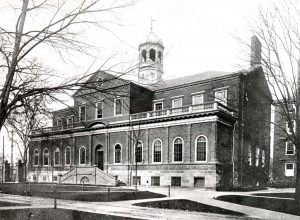 To Benjamin Apthorp Gould Fuller
To Benjamin Apthorp Gould Fuller

